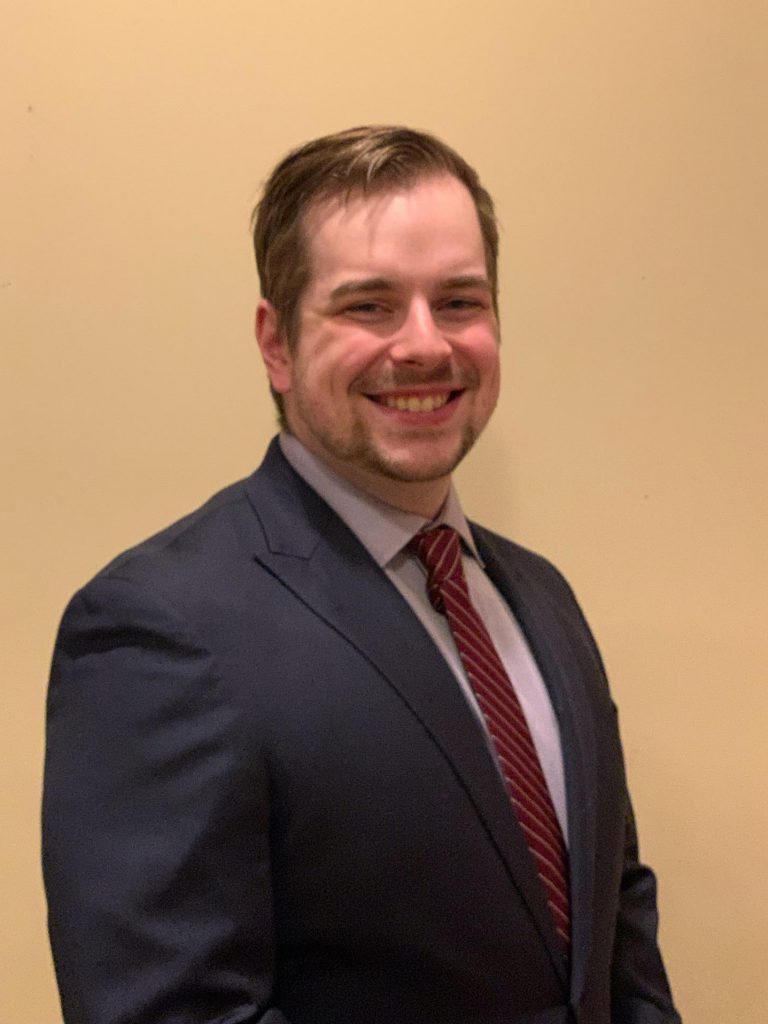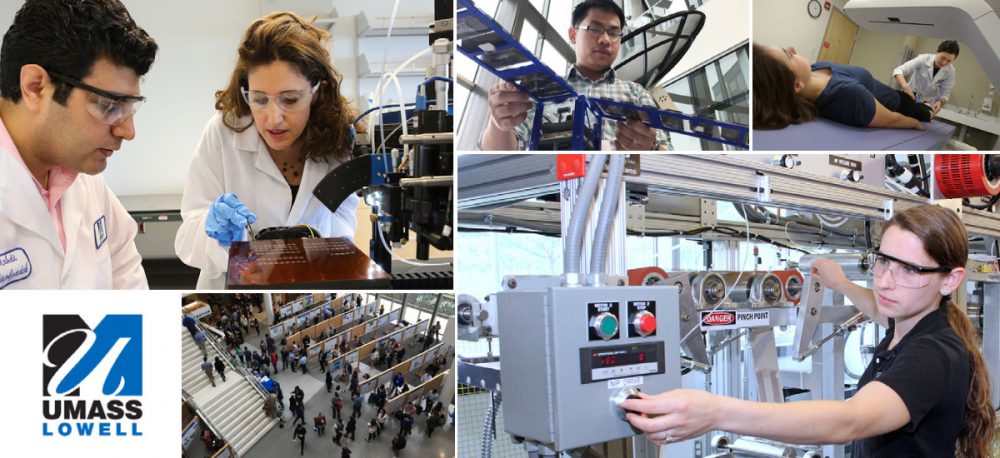
When Alexander Clinton began studying prejudice and stereotypes as an undergraduate psychology major, he noticed that a majority of research focused on negative empathy when trying to reduce prejudice toward marginalized groups. He wondered if there were any studies that utilized the alternative (positivity) as an intervention. Unable to find sufficient data to answer this question, Clinton is now conducting research as a graduate student in the Applied Psychology and Prevention Science (APPS) program at UMass Lowell to fill the gap.
Negative empathy, as described by Clinton, is an approach whereby people are told why prejudice is bad. When faced with stories of negative historical events or the types of oppression faced by marginalized groups, one might assume that these recounts may change negative perceptions and attitudes. However, Clinton is suggesting the opposite.
“Research has found that telling people about negative events can lead them to feel more negative overall and associate a group with more negativity, and as a result, increase their levels of prejudice for a marginalized group. My current projects attempt to address this problem by trying to foster feelings of positive empathy in the hopes that by associating a marginalized group with more positivity, we may form more positive perceptions,” says Clinton.
Clinton recently published an article entitled “Using Positive Empathy Interventions to Reduce Stigma Toward People Who Inject Drugs” that details his attempts at using positivity as an intervention. In his study, Clinton presented an experimental group of participants with a scenario in which a stranger sits next to the participant and starts a conversation. The stranger compliments the participant and explains that they just started a new job. The stranger also discloses that they are a person who injects drugs and how challenging it was to find employment despite their training and experience in their field. The experimental group also received prompts designed to prime them with positive empathy, such as:
What would you say to the stranger to make him feel better about his current situation? What kind of positive impact do you think your comments will have on the stranger? How can you make a positive impact on other people like the stranger in the future?
All participants answered a questionnaire at the end of the study and the research team determined that those in the experimental group had a lower average stigma score than those groups that did not receive the positive empathy intervention.
Clinton hopes to expand his research in the future by testing long-term effects of these interventions. Rather than simply testing for immediate outcomes, Clinton wants to see if new, positive associations over a course of a longer period of time will result in lasting effects. He also hopes to work with his faculty advisor, Psychology Assoc. Prof. Michelle Haynes-Baratz, an expert in workplace diversity, stereotyping and discrimination, to study how these interventions may be applied to groups that commonly experience bias at work, such as women or people of color.
In addition to his independent research, Clinton also works as a Graduate Student Assistant in the Pediatric Injury Research Lab led by Psychology Asst. Prof. Jiabin Shen, supporting projects related to attention-deficit/hyperactivity disorder (ADHD) injury prevention and conducting literature reviews for traumatic brain injury (TBI) research.
Next semester, Clinton is also signed up for a practicum with Dr. Robin Toof and the Center for Community Research and Engagement where he is slated work with partner organizations tackling substance abuse. In this field placement, Clinton will engage in quantitative and qualitative data analysis, interviewing, creation of data visualizations and reports, and more.
Being involved in such a diverse set of projects, Clinton is making the most out of his experiences: “Any experience is a good experience. In picking up new topics and researching new things, you start to be able to build different and better skills in your toolbox. You start to be able to help yourself synthesize new knowledge and read research from different fields to learn and grow. All these skills are transferrable to my own research topics,” says Clinton.
Just one year into his studies, Clinton is looking forward to continuing his coursework and hopefully transforming his scholarly work into true impact. “I like the applied nature of the program (APPS) where you can apply research to some tangible, real-world program or service. Being able to work within places, businesses, communities, and organizations is right up my ally,” says Clinton.
